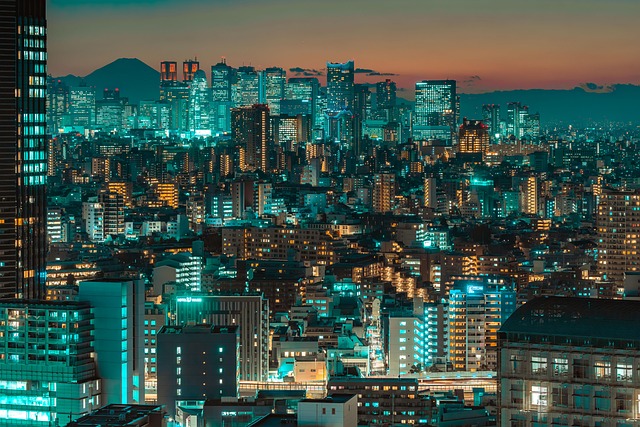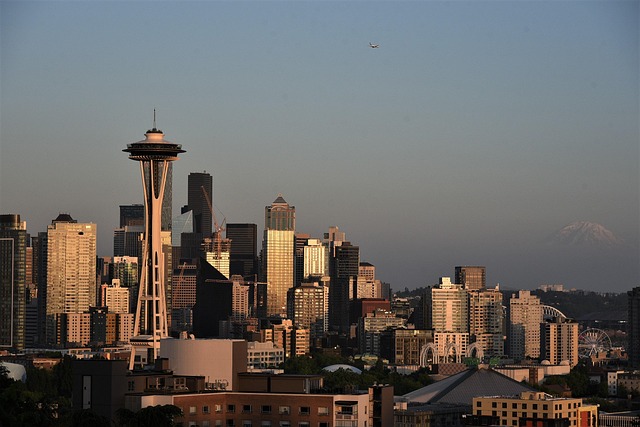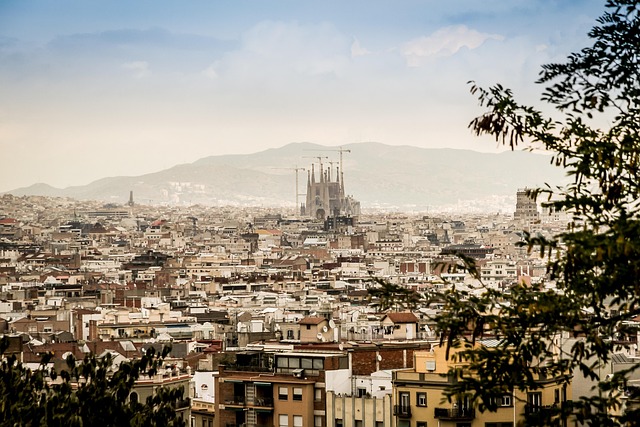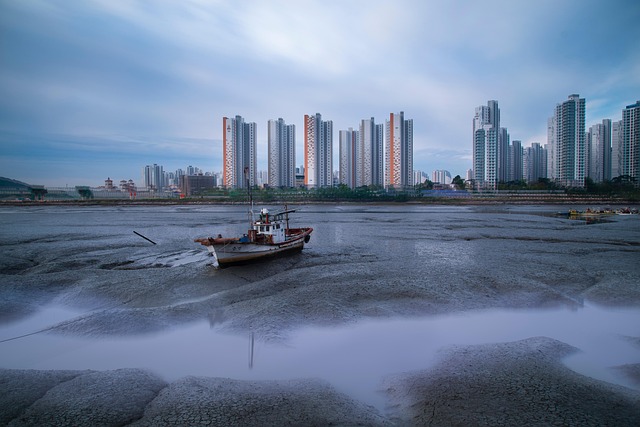
Karachi, Pakistan's economic hub, boasts a dynamic public transport network comprising buses, trains, and rickshaws, each playing a unique role in navigating its sprawling urban landscape. The city's robust bus and mini-bus system serves as the backbone for daily commuting, with minibuses connecting remote areas to the transportation network. The introduction of the Metro Train has revolutionized urban mobility, offering efficient, convenient, and sustainable travel options. Despite challenges posed by rapid urbanization, Karachi's Metropolitan Transportation Authority (KMTA) is actively transforming the transport system through expansions, modernizations, and innovative solutions like bus rapid transit (BRT), smart city initiatives, and electric vehicle infrastructure. The future looks bright with a growing focus on enhancing public transport to meet the needs of the expanding population, aiming to reduce traffic congestion and provide environmentally friendly travel options.
Karachi, Pakistan’s vibrant metropolis, has witnessed a transformation in its public transport landscape. This article delves into the diverse network that serves the city’s millions of residents and visitors. From traditional buses and minibuses to the modern Metro Train, we explore how these modes of transportation cater to daily commutes. We also analyze challenges, highlight recent improvements, and look ahead to future prospects for efficient travel in Karachi, aiming to unravel the intricate tapestry of urban mobility.
- Understanding Karachi's Public Transport Network
- The Role of Buses and Minibuses in Daily Commutes
- Metro Train Revolutionizes Urban Mobility
- Challenges and Improvements in Public Transit
- Future Prospects for Efficient Travel in Karachi
Understanding Karachi's Public Transport Network
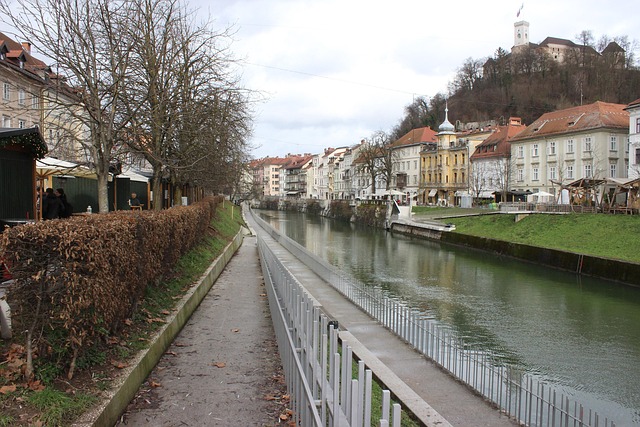
Karachi, Pakistan’s economic hub, boasts a complex and diverse public transport network that reflects the city’s vibrant nature. This network serves as the lifeblood of the metropolis, ferrying millions of residents and visitors daily across its bustling streets. The public transport system in Karachi is a intricate mosaic of buses, trains, and rickshaws, each playing a unique role in navigating this massive urban landscape.
Understanding this network is key to navigating the city effectively. Buses, with their extensive routes, form the backbone of the system, connecting neighborhoods and commercial hubs. The Pakistan Railway, a historic element, continues to play a vital role, offering both commuter and long-distance travel options. Rickshaws, though less formal, are ubiquitous and provide door-to-door service in densely populated areas. This blend of traditional and modern transport solutions creates a unique Karachi experience, reflecting the city’s dynamic character in the heart of Pakistan.
The Role of Buses and Minibuses in Daily Commutes
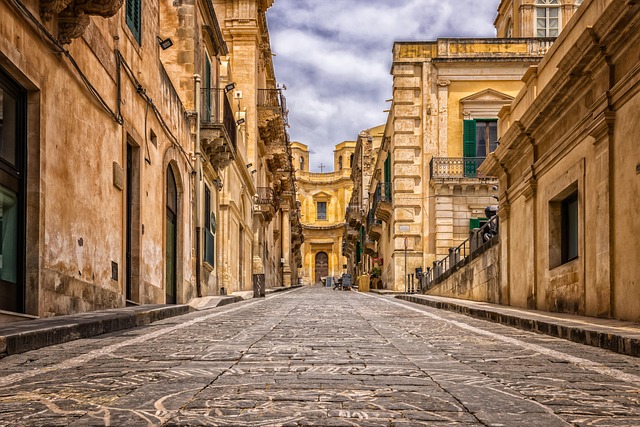
In Karachi, buses and minibuses play a pivotal role in facilitating daily commutes for residents. These public transport modes offer affordable and accessible options, connecting various parts of the metropolis with efficiency. Many workers rely on buses to reach their jobs, while students use them to get to school and college. Minibuses, known for their flexibility, cater to shorter routes within neighborhoods, ensuring that even remote areas are linked to the city’s transportation network.
The presence of an extensive bus and mini-bus system has significantly reduced traffic congestion in Karachi. By providing an alternative to private vehicles, these public transports have encouraged a culture of shared mobility, contributing to fewer cars on the roads. This, in turn, leads to reduced pollution levels and makes daily commutes smoother for all residents.
Metro Train Revolutionizes Urban Mobility
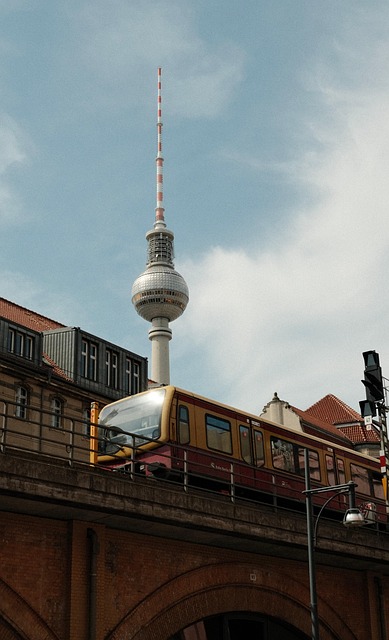
In Karachi, the introduction of the Metro Train has brought about a significant revolution in urban mobility. This modern transport system offers an efficient and convenient way to navigate through the bustling city, connecting key areas with speed and ease. The Metro Train’s sleek design and state-of-the-art infrastructure cater to the growing transportation needs of Karachi’s folks, reducing congestion and offering a comfortable journey for all.
With its extensive network, the Metro Train connects various parts of the metropolis, ensuring that residents and commuters have access to a reliable and time-saving travel option. This game-changer has not only enhanced mobility but also contributed to the overall development of Karachi by promoting a sustainable and eco-friendly transportation culture.
Challenges and Improvements in Public Transit

Karachi, as Pakistan’s financial hub, faces significant challenges in its public transport system. The city’s rapid urbanization and increasing population have put immense pressure on existing infrastructure, leading to crowded buses, trains, and subways during peak hours. Traffic congestion is a persistent issue, exacerbating travel times and contributing to environmental concerns. Lack of proper integration between different modes of public transit also makes navigation difficult for commuters.
However, efforts are underway to improve the situation. The Karachi Metropolitan Transportation Authority (KMTA) has been working on expanding and modernizing the transport network. This includes introducing new bus rapid transit (BRT) routes, upgrading existing train services, and exploring innovative solutions like bike-sharing programs and electric vehicle infrastructure. In addition, smart city initiatives aim to leverage technology for better route planning, real-time tracking of public vehicles, and improved passenger information systems. These improvements hold promise for a more efficient, accessible, and sustainable public transit system in Karachi.
Future Prospects for Efficient Travel in Karachi
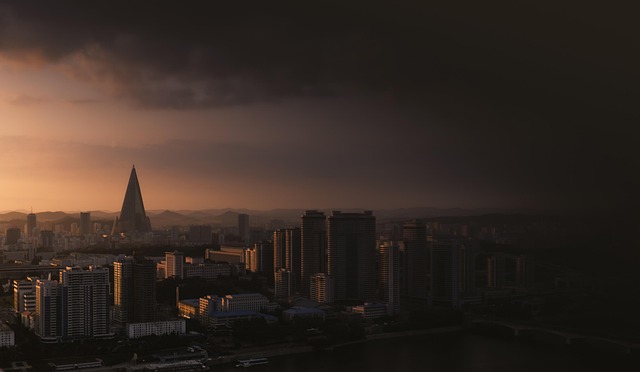
The future of efficient travel in Karachi looks promising with an increasing focus on enhancing public transport infrastructure. The city, known for its bustling streets and traffic congestion, is undergoing a transformation to cater to the growing population’s needs. One key prospect is the expansion and modernization of the public transport network, including buses, trains, and potentially, a more extensive metro system. These developments will not only alleviate traffic pressure but also offer environmentally friendly travel options.
With the introduction of smart technologies, Karachi can leverage real-time data for optimized route planning and efficient fleet management. This integration of technology will improve overall passenger experience, making commutes smoother and more predictable. Moreover, the city’s diverse landscape calls for innovative solutions like elevated bus rapid transit systems, which could efficiently navigate through dense urban areas. Such prospects indicate a sustainable and well-connected future for Karachi, where efficient travel is accessible to all its residents.
Karachi’s public transport network, a complex tapestry of buses, minibuses, and the transformative metro train, plays a pivotal role in shaping the city’s daily commutes. While challenges remain, continuous efforts to improve infrastructure and services hold promise for a more efficient and accessible future for karachiites. By navigating these developments, the city moves towards revolutionizing urban mobility, offering a smoother, faster, and more sustainable journey for all.
